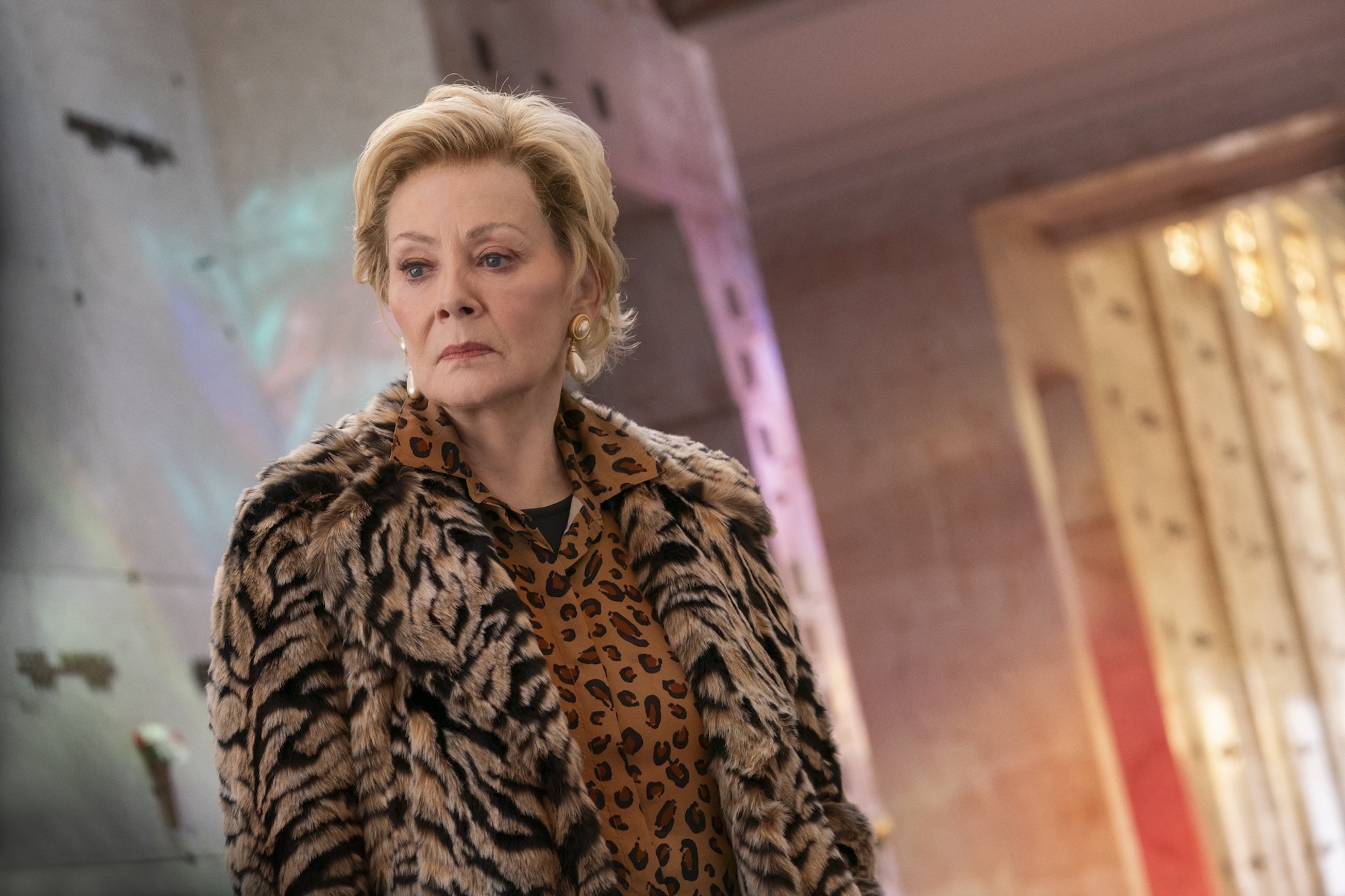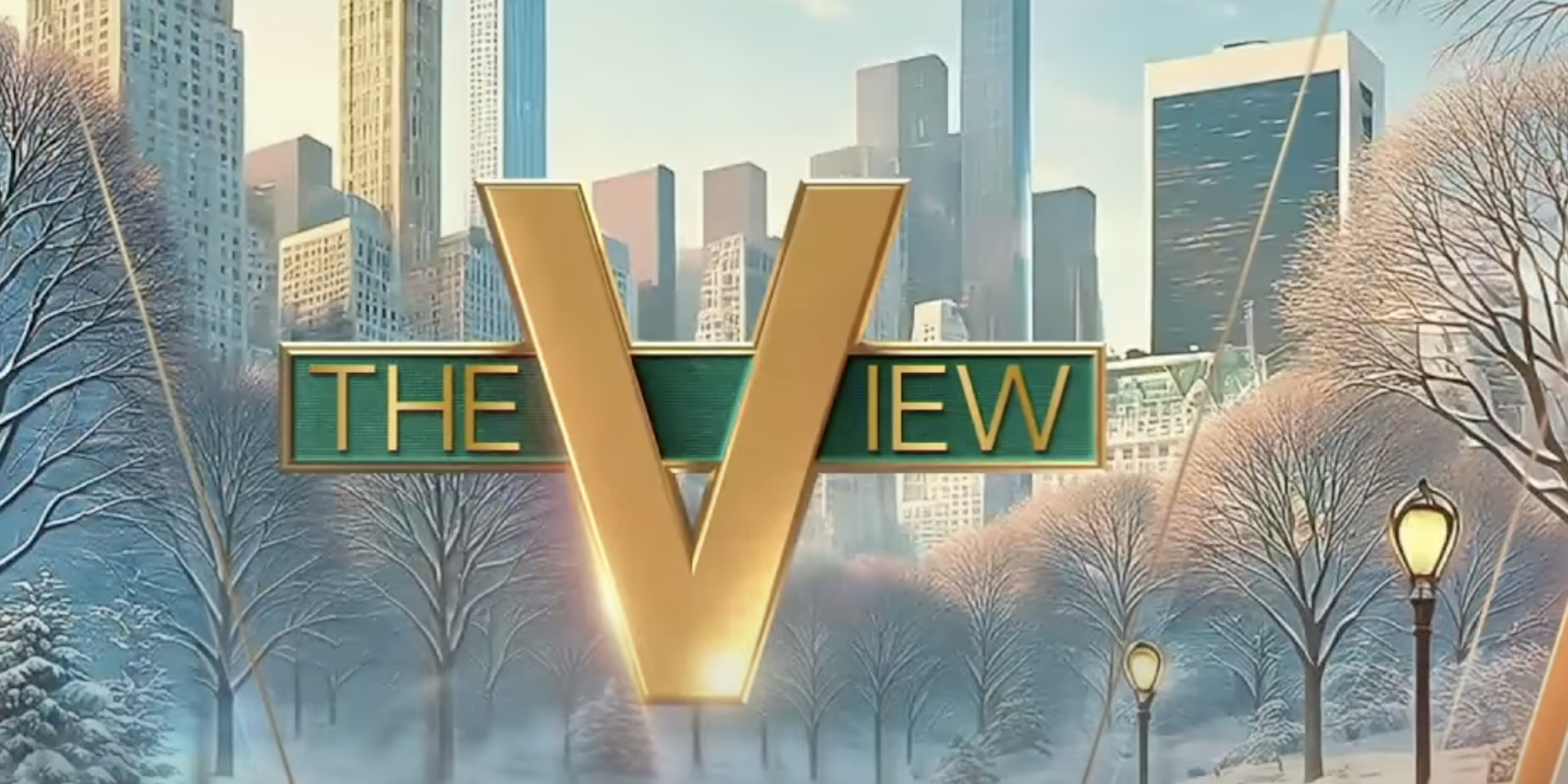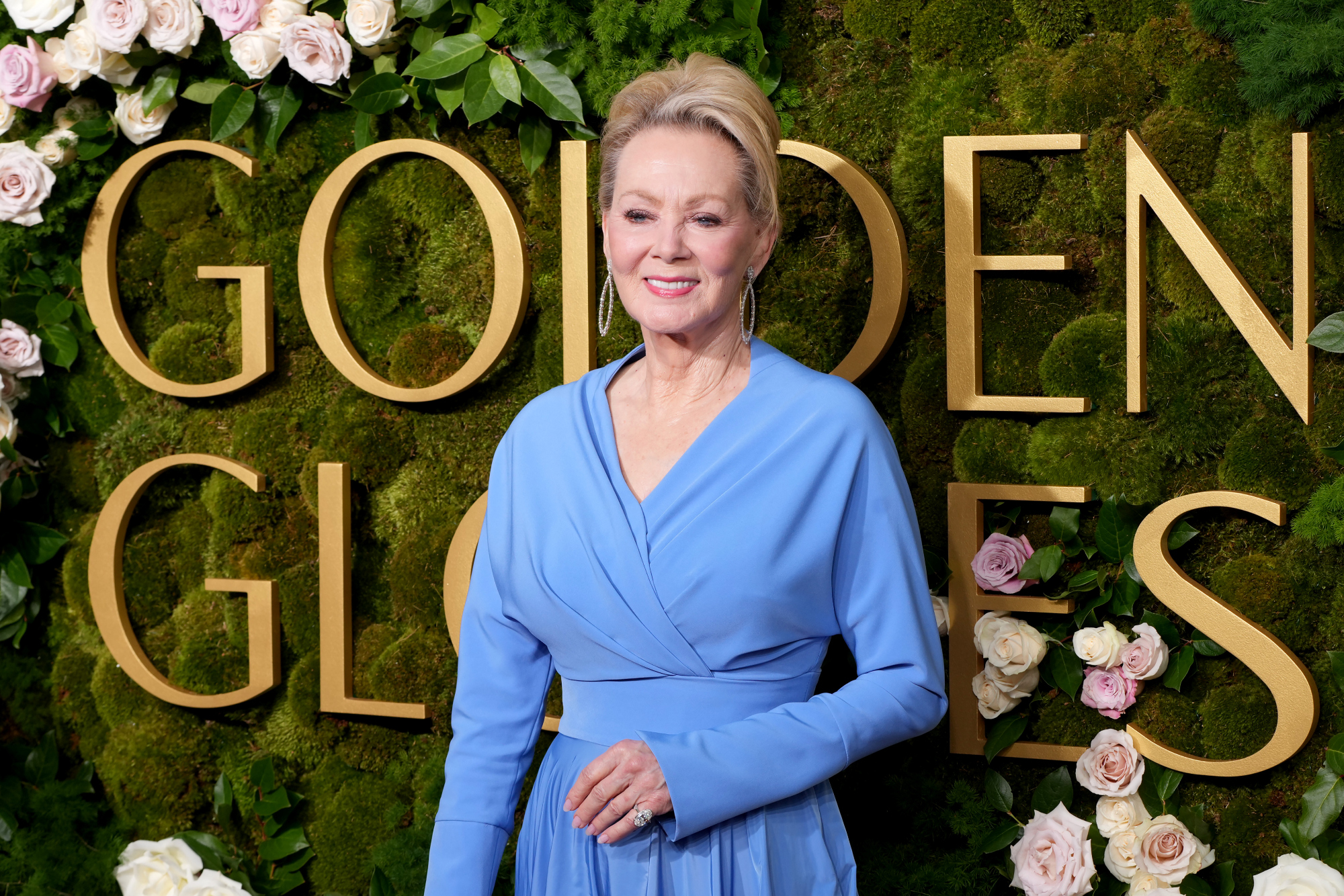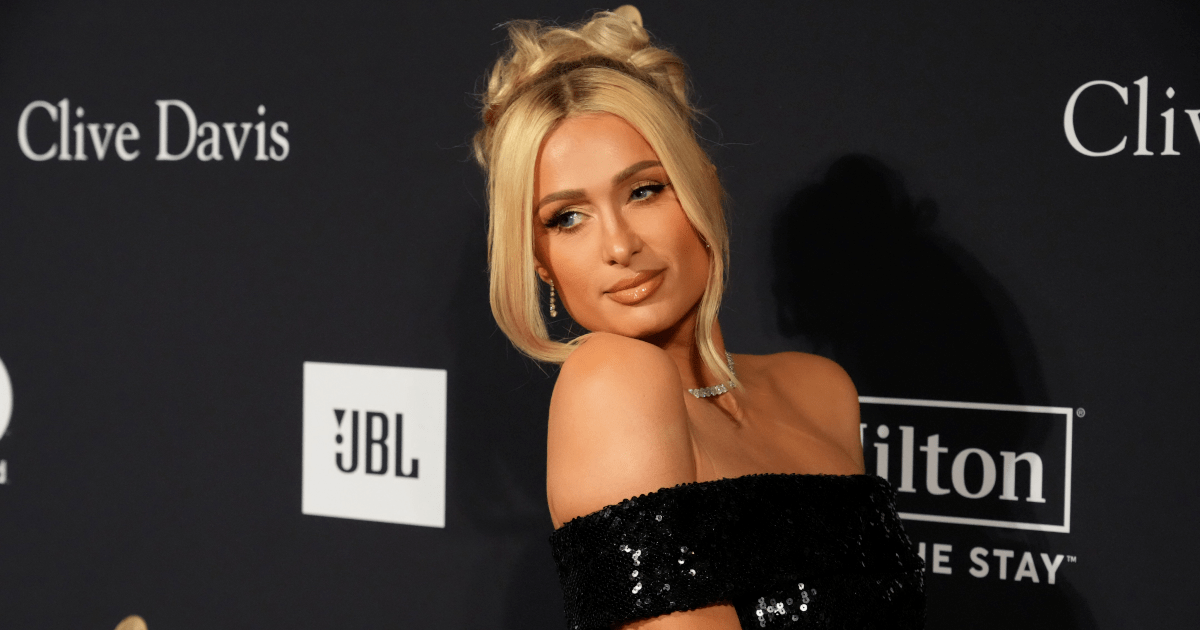Hollywood Is Hiding Its Musicals
In 2023, one never knew when and where a musical might appear. The Marvels mixed in a musical sequence when Carol Danvers and Co. visit the planet Aladna, whose inhabitants converse solely in song and dance. Yellowjackets made a mini-musical inside the mind of Misty, who imagines the scene while suspended in a sensory deprivation tank. Doctor Who gave us goblins singing about eating a baby. Star Trek: Strange New Worlds committed to the bit best by airing a full musical episode.
When musical interludes pop up in unexpected places, such as non-musical movies and shows, it makes sense that we’re surprised. But this year, even full-on movie musicals were liable to sneak up on us. There’s a reason musicals suddenly seemed so stealthy: Movie studios didn’t want us to see them coming. There’s a musical cover-up happening here.
Wonka comes out Friday, and by now, you probably know it’s a musical. (Though director Paul King calls it “more like a movie with songs.”) When the first trailer came out in July, though, there was little to no indication that the movie featured music at all.
In May, the first trailer for The Color Purple promised “a bold new take on the beloved classic,” but barely gave any indication of what that take is. (A grand total of two words were sung on screen.) The trailer notes that the movie is based on the 1982 novel by Alice Walker, but it doesn’t disclose—let alone boast—that it’s also adapted from the Tony-winning Broadway play (and stars some of the same actors).
Then, in November, the trailer for Mean Girls made millennials feel old by declaring, “This isn’t your mother’s Mean Girls.” In what way is it different from your mother’s Mean Girls? Well, most prominently, it’s a musical—except that this genre switch isn’t prominent at all. The trailer doesn’t let the secret slip.
The phenomenon also extends to animated movies, like Netflix’s Leo and Miraculous: Ladybug & Cat Noir, the Movie—both musicals, though one wouldn’t know it from the footage chosen to entice streaming audiences. Hollywood is still making musicals, but the industry doesn’t seem to want anyone to know. Why are so many musicals nowadays deep undercover, wearing drama disguises or comedy camouflage? Why must they be smuggled onto our screens?
“It’s a simple answer, studios believe people won’t go see a musical,” says Jeff Gritton, who edited trailers at Trailer Park, Inc. for 13 years. “I don’t know all their focus group and testing numbers, but at some point they decided people won’t see a musical.”
You don’t have to go back to 2016’s La La Land or 2017’s The Greatest Showman to find movies that put their musical feet forward in their teasers or trailers. But outside of Disney remakes, you do have to go back about that far to find many movies that did so and succeeded.
“A lot of musicals recently have underperformed, and pretty significantly,” says Josh Lynn, president of box office forecasting company Piedmont Media Research. “There were a slew of live-action musicals that came out after Hamilton, and for the most part they really disappointed relative to insider hopes.” Lynn mentions 2021’s Dear Evan Hansen, In the Heights, Everybody’s Talking About Jamie, and West Side Story (in addition, of course, to Cats, the 2019 movie–musical bomb). CBR dubbed 2021 “the year of the movie musical,” but most of those musicals flopped.
The pandemic didn’t help the musicals that came out in theaters, but post-Hamilton musicals—even those that were well-received by critics—didn’t draw eyeballs on streaming services, either. “Over and over, musicals, whether big or not, just failed to resonate with customers,” streaming analyst Entertainment Strategy Guy wrote for The Ankler in early 2022. In addition to the aforementioned duds, he listed several others that failed to crack the streaming charts: Netflix’s Tick, Tick… Boom!, A Week Away, and Diana: The Musical, Prime Video’s Annette, and Come From Away and High School Musical: The Musical: The Series, on Apple TV+ and Disney+, respectively. “The biggest hit of 2020 inspired some of the biggest misses of 2021,” ESG concluded about the movies that floundered in Hamilton’s wake.
What did all of the movies mentioned in the preceding paragraphs have in common, aside from being musicals? Every single one of them admitted they were musicals up front. Their trailers made the mistake of telling viewers what to expect.
Isn’t telling viewers what to expect the point of trailers? Maybe for the viewers, but from the studio’s perspective, accuracy and transparency are important only if they serve the larger objective. “Trailers are only made to get people to go see the movie—that’s it,” says one industry figure who has worked as a trailer production company’s editor, creative director, and senior executive and who requested anonymity because studios disapprove of talkative vendors. “It’s not to say, ‘We made this great piece of art.’ … Every time you see a piece of motion picture marketing, it is simply to get as many people out to the theaters or to watch it on streaming as humanly possible. … The goal of everything on our end is to get asses in the seats, and it’s by any means necessary.”
Studios and trailer houses go to great lengths to up their ass-in-seat counts. Kevin Goetz, the founder and CEO of entertainment research and content testing firm Screen Engine/ASI and the author of 2021 book Audience-ology: How Moviegoers Shape the Films We Love, says that trailers are the second-most-important driver of awareness of and interest in movies, after word of mouth. Thus, they’re subject to extensive testing designed to strip out any elements that might repel people and double down on qualities that could help set the hook—which has to happen quickly in a streaming setting, where the watcher isn’t a captive audience the way they would be in a theater.
Typically, the studio’s head of marketing has a strategy that’s arisen from research and guides the potential tone of the trailer. That exec contracts with a trailer house (or multiple trailer houses) to create various versions that play up or deemphasize certain aspects of the film (such as its fondness for song-and-dance routines). The resulting trailers get polished, tested, tweaked, and tailored to certain markets. “Obviously, you want to persuade, but by making the trailer more accessible for as many people as you can, you can exponentially raise the currency of that piece of advertising,” Goetz says.
That’s where non-musical trailers for musicals come in. “Musicals are embraced by many folks, but they’re also not embraced by many folks,” Goetz says. “And what are you trying to do in a trailer? It’s not the truth-in-advertising department, it’s the marketing department.” The trailer, he continues, is “a vehicle to give the essence without putting a stake in the ground and [categorizing] the movie too early for those who are turned off to musicals.”
In most cases, Goetz says, “There’s enough talking in the movie to tell you what the movie’s about without going into a song and making the movie feel like … ‘This is for them, but it’s not for me.’” After a musical’s cover is blown by hype or its premiere, follow-up or post-release trailers and teasers can embrace the film’s true nature. (Subsequent trailers for Wonka and The Color Purple have been slightly more musical.) But Goetz’s recommended course early on falls in line with how the studios seem to see things: “Keep to the traditional as long as you can, and then reveal the musical nature. … If I can eke out another $10 million by holding that message—not really tricking them, but not telling them—then I think that I’m going to do that.” The anonymous trailer creator concurs. “I think it’s smart marketing,” he says. “That would be my instinct, especially with something like The Color Purple or Wonka. I would try to obscure any musical theater.”
That may be painful for musical theater heads to hear, but provided the people who’d be less likely to see a movie if it were marketed as a musical outnumber the people who’d be more likely to see it, the math should favor keeping the musical quiet at first. After all, Goetz says, “There’ll be very few people who are actually going to walk out of the theater because, ‘God dammit, it was a musical and you didn’t tell me that.’” (In fact, he says, low-information moviegoers who make it to the theater without seeing through the ruse tend to be pleasantly surprised.)
Goetz agrees that the undercover musical is on the rise, and he says the studios know what they’re doing. “They’re not doing this in a vacuum. They’ve got research to support it,” he says. “I would imagine they cut a musical trailer or two, which just didn’t test nearly as well in terms of conversion. There’s always a reason for the decisions they make. They do very little that is against what the audience wants, because the stakes are just so high.”
You’re entitled to feel a little manipulated by the ears-only secrecy surrounding modern musicals, but you probably can’t take the marketers to court. Last year, two fans of Ana de Armas sued Universal over the actress’s absence from 2019 musical Yesterday, because she’d been cut out of the film after appearing in the trailer (which did feature musical performances, because, Beatles). A federal judge ruled that trailers are subject to false advertising laws, meaning studios must be careful about overpromising and underdelivering. But non-musical musical trailers are more like lies of omission. “If you had musical numbers that were not in the movie and you said, ‘I was going to see a musical and there was no music to be found,’ that’s a potential suit,” Goetz says. But in this case, “You could say, ‘Judge, we’re not trying to say it’s not a musical. It’s that the music is an added bonus. We didn’t want to give that away. We want people to be surprised.’”
However wise (and legally aboveboard) these trailer tactics may be, though, there are a few potential problems with excising the music from a musical. On the one hand, you save yourself some potential trouble getting trailer clearances for original compositions in the film. On the other hand, though, you risk losing what makes the movie special, as you might if you removed the jokes from a comedy trailer or the car chases and firefights from an action trailer. Travis Weir, a theatrical editor who predominantly cuts behind-the-scenes footage in his work with studios, points out that with a musical, “the songs are a huge part of the soul and character of the film. You’re not just cutting up a movie, or setting it to music in a novel way to imply something about the movie. It is the movie. So that’s an added challenge.”
Depending on the type of musical, doing away with the music may not leave a lot to work with. With a movie like 2012’s Les Misérables, the anonymous trailer producer says, it “would’ve been impossible to just do the dramatic parts, because it’s so singing intensive. … The films that are structured more like operas are incredibly difficult to cut around.” Granted, a movie like Les Mis is probably too famously a musical to fool anyone anyway. And most musicals include enough dialogue to give editors sufficient trailer material. “A trailer is two minutes and 20 seconds,” the longtime trailer maker says, “so getting two minutes and 20 seconds of drama out of a long [movie], it’s not as difficult as one would think.”
However, when the music is removed, there may be something slightly off about the actors’ line deliveries—an uncanny quality that comes from divorcing the dialogue from the showy, whimsical, heightened habitat of a musical. “It’s like a tonal phantom limb,” Weir says. “You can feel the itch that something else is supposed to be there.” The first trailer for Wonka was divisive and led to some sniping at Timothée Chalamet, arguably because the context of his performance wasn’t clear. But the backlash doesn’t seem to have hurt the movie’s review scores or box office expectations.
There’s still some room on the small screen for unabashed musicals, like Schmigadoon! and the forthcoming Hazbin Hotel. For the time being, though, don’t count on being tipped off by a trailer to a musical movie unless it features a famous musical figure, à la Bohemian Rhapsody, Rocketman, Respect, Elvis, or Whitney Houston: I Wanna Dance With Somebody. Those movies make the music hard to hide—and anyone who wants to see them is probably into the tunes. Beyond biopics and Lady Gaga vehicles, recognizable names are a must. “It’s easier to sell a preexisting IP to a studio (‘Look how many tickets people have bought to Mean Girls the musical over the past five years!’), even if the marketing people have to try to hide the fact that it’s a musical,” Lynn says. (Though when they hide that Mean Girls is a musical, they also obscure the reason for remaking it.)
As we’ve seen since 2021, the musical status quo can change quickly. Those studio execs must have thought they knew what they were doing when they gave green lights to so many musicals a few years ago, and look how well that worked out for them. (William Goldman’s maxim about the movie industry still applies.) Maybe Wonka, The Color Purple, and Mean Girls will make so much money that they’ll start another run on dancing and singing. All it takes is one Chicago, Mamma Mia!, or Pitch Perfect to create copycats.
Max Khosla, cofounder and creative director of trailer music company Trailer Bros, says, “The trends change every year and the marketing team at the studio makes many changes every year to better sell the movie. Every decision is profit-based.” Maybe the potential for profit will grow. Goetz laments that the musical “doesn’t feel like a theatrical genre anymore” and expresses sadness that the few remaining major musicals are facing such an uphill battle at the box office that they’re forced to hide who they are. But he offers some optimism: When “one does really well—let’s say when Wicked comes out and it really is huge—then maybe people will say, ‘Musicals are back.’” Maybe then, like poor Prince Herbert in Monty Python and the Holy Grail, musically inclined characters in trailers will once again get a chance to sing.







